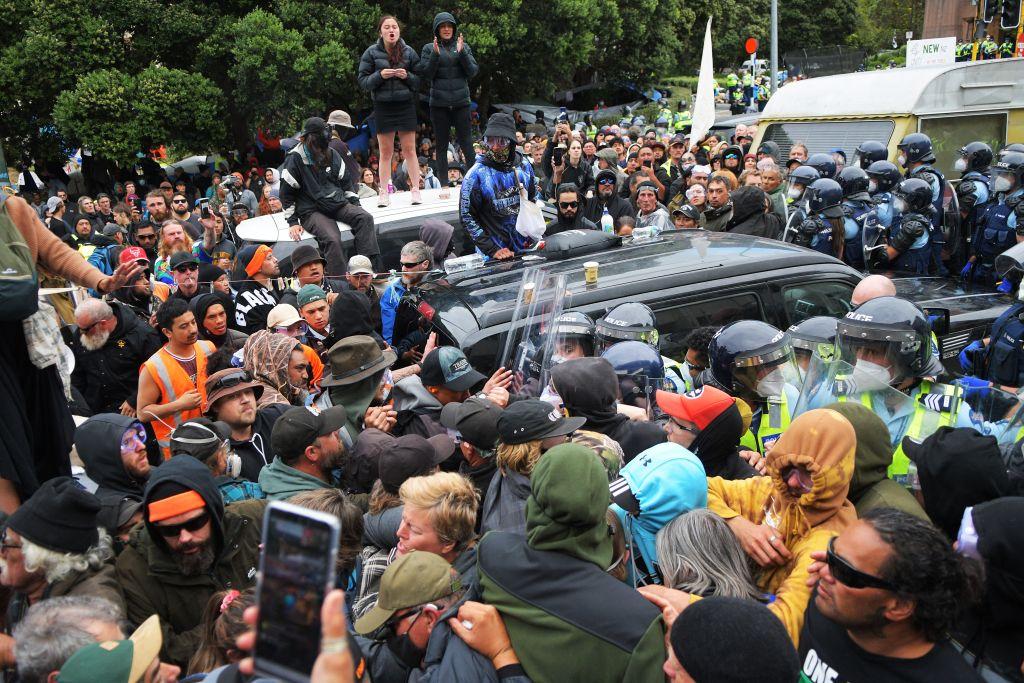New Zealanders will get to have their views on the previous Labour government’s handling of the COVID-19 pandemic after the scope of the inquiry was expanded.
Internal Affairs Minister Brooke van Velden announced the change on the back of a tri-party coalition agreement at the 2023 election.
According to statistics from health agency, Te Whatu Ora, accurate at the time of writing, 3,768 people died from COVID-19, or had it listed as a contributing factor of death.





